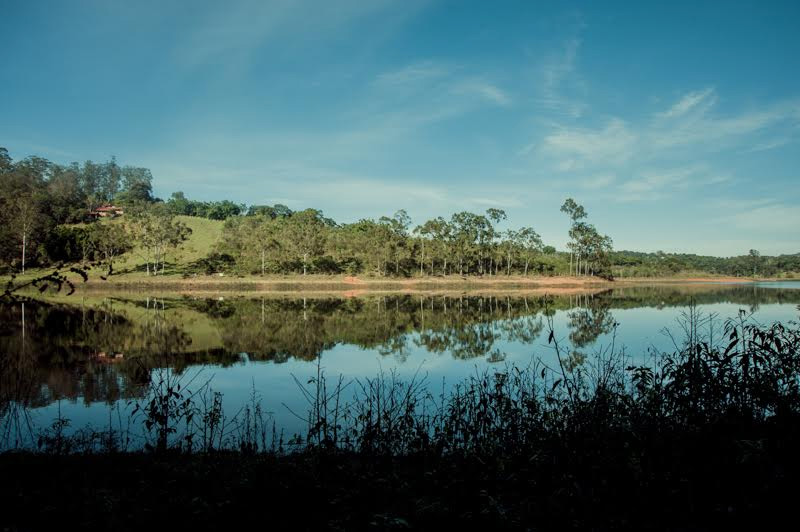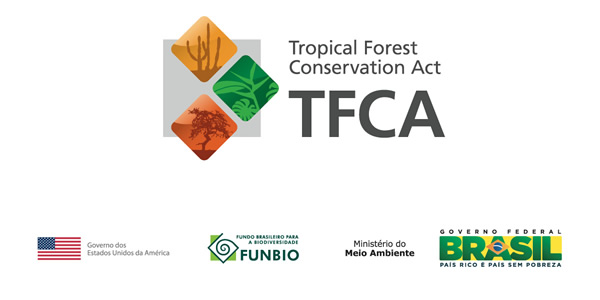Onde Estamos
Rod. Dom Pedro I, km 47
Nazaré Paulista, SP, Brasil
Caixa Postal 47 – 12960-000
Tel: (11) 3590-0041

IPÊ develops a work of evaluation and valuation of the ecosystem services in the regions covered by the Cantareira System, including the city of Nazaré Paulista. The objective is to gather information to propose methodologies for the spatialization and economic valuation of the ecosystem services identified within this region, related to the forms of land use and occupation and rural development.
Natural ecosystems are responsible for various benefits that guarantee the conditions and processes for life and that, directly or indirectly, contribute to human survival and well-being, such as climate and water regulation, biodiversity conservation, soil fertility and nutrient cycling, pollination, scenic beauty and others.
In recent decades, the pressure of economic activities on natural ecosystems is compromising the natural capacity of ecosystems to provide these services. Thus, we have seen the birth of a series of voluntary initiatives by people and institutions interested in the conservation of Ecosystem Services. These actions should be economically incentivized so that they become an important part of a larger strategy to conserve Brazil’s natural resources. PES mechanisms are part of this strategy, as they provide economic incentives for voluntary actions to conserve these services.
The purpose of this working group is to gather information to support the formulation of public policies and to provide a basis for projects related to payment for environmental services. The actions are carried out in an integrated manner with local communities, seeking to find common paths that lead to sustainable rural development.
Project with the objective of structuring a functional model for Payment for Environmental Services in the Cantareira System. To this end, ecological and economic aspects related to this type of policy are researched.
In ecological aspects, both the influence of different forest gradients on the quality and quantity of water supplied to the Cantareira System and the loss of soil in the different occupations that predominate in this region (pasture, eucalyptus and forest) are evaluated. In economic aspects, the opportunity cost of the main agricultural activities (dairy, cutting and eucalyptus) and the willingness to receive/accept from rural owners to allocate part of their properties to reforestation are evaluated.
The project is financed by GIZ/KFW with the support of the Brazilian Biodiversity Fund (FUNBIO)

The project's main objective is to identify, based on landscape ecology criteria, the priority areas for the conservation of ecosystem services in the Cantareira System. IPÊ will also carry out an analysis of economic viability and ecological aspects (species diversity and forest connection) in several experiments to enrich areas undergoing natural regeneration in this same region.
The central idea is to contribute to public policy makers with strategies (economic and ecological) for the forest recovery of the Cantareira System and, with this, guarantee the provision of ecosystem services in this region.
The project is financed by the TFCA agreement (Tropical Forest Conservation Act) with support from the Brazilian Biodiversity Fund (FUNBIO)

The objective of this project is to evaluate, in technical, economic and operational terms, the best methodologies for monitoring and evaluating the economic, social and environmental impacts resulting from PES projects being developed in Brazil. To achieve this objective, we will review and systematize the main methodologies for monitoring ecosystem services that exist in Brazil and around the world. This work is carried out in partnership with ESCAS – Escola Superior de Conservação Ambiental e Sustentabilidade. It is financed by the Ministry of the Environment (MMA).
This work's main objective is to prepare a proposal for priority actions for the conservation of the Cantareira System's springs. The idea is to be able to influence the establishment of obligations to recover the sources of the Cantareira System during the negotiations for the renewal of the water concession, scheduled for 2014. This group has the participation of a series of research institutions, NGOs, city halls and social actors operating in the Cantareira System.
Rod. Dom Pedro I, km 47
Nazaré Paulista, SP, Brasil
Caixa Postal 47 – 12960-000
Tel: (11) 3590-0041
Termos de Uso | Estatuto
Copyright © Ipê – Instituto de Pesquisas Ecológicas.
Email: ipe@ipe.org.br